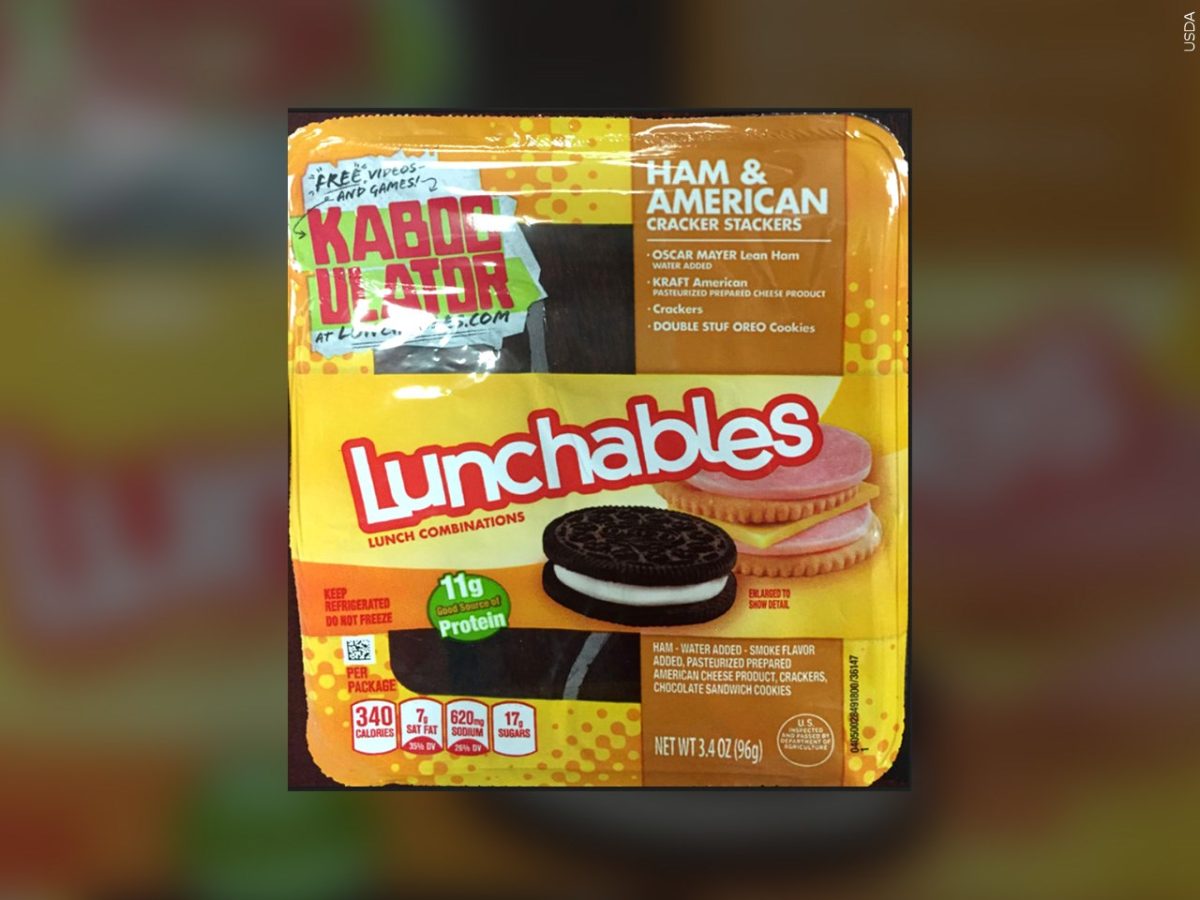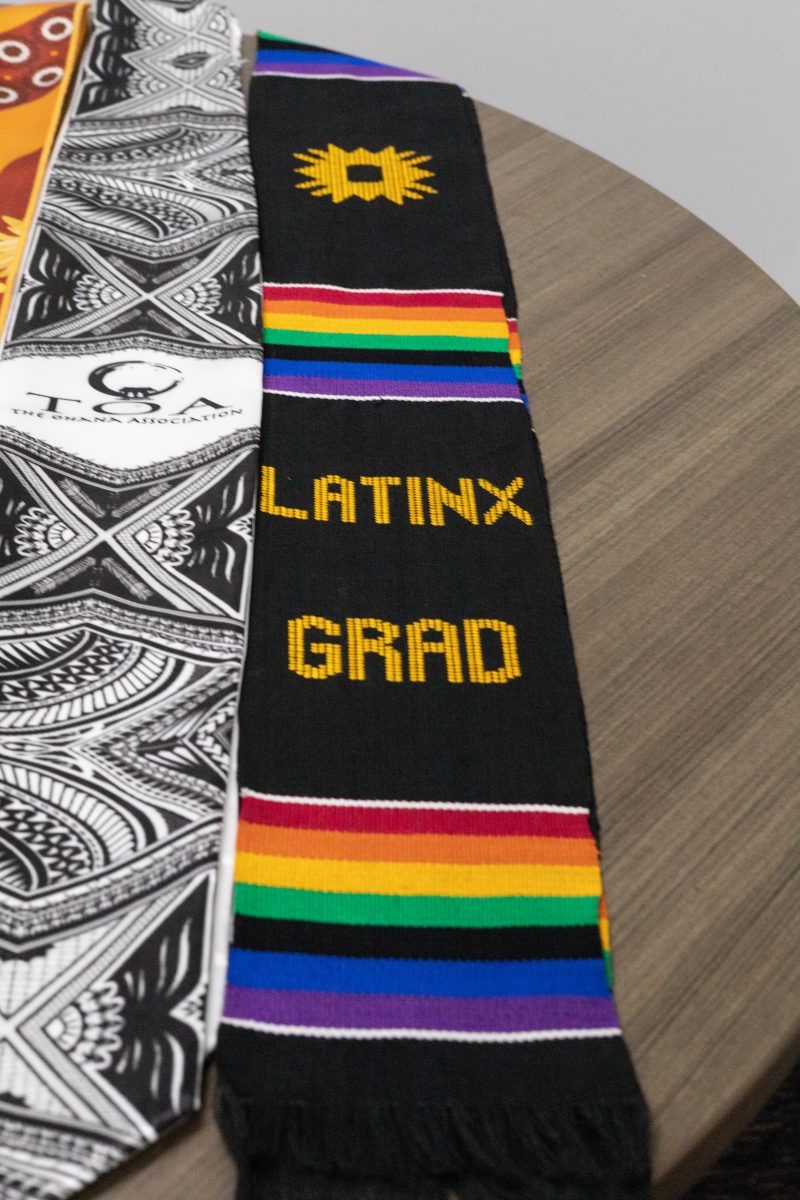Weber State University hosted the third annual Intermountain Sustainability Summit Wednesday and Thursday, in which community members and sustainability leaders gathered to discuss ideas and programs that encourage conservation.
Participants came to WSU from across the state, and several vendors constructed booths in the Shepherd Union Building to promote environmentally-friendly products and services.
Alice Mulder, an assistant geography professor at WSU and member of the environmental issues committee, said that while many of the topics discussed at the summit had national and global implications, several of the issues were applicable to WSU’s campuses.
“We’ve seen a host of different topics at this conference on recycling, on daily food purchasing or gardening,” Mulder said, “and there’s also a whole track on energy, energy efficiency and energy conservation. These are all things we can bring down to the individual level. It’s important for everyone to gain from that kind of information.”
Justin Owen, a WSU student and intern in WSU’s energy and sustainability office, said the school faces many environmental issues that are the direct results of students.
“The biggest issue Weber State has right now has been our enrollment increase,” Owen said. “We’ve had 7,000 new students in the past five years, and with every one of the students comes more electricity, more water, etc.”
Mulder said WSU’s environmental impacts extends beyond students and includes students, faculty and staff. All actions an individual takes, she said, has an impact on the environment.
“The way we each live our lives has environmental consequences,” Mulder said, “the vehicles we drive or how we get around from point A to point B. At Weber State, something like 75 or 80 percent of our Weber State community . . . tend to drive alone to campus rather than carpooling or taking the bus or train. Sustainability issues are really about becoming conscious of the impacts that our actions have. And they all have impacts.”
In one meeting, Utah State University sustainable communities expert Roslynn Brain discussed actions individuals can take to live more sustainable lifestyles. Her three main pieces of advice were rethinking common gardening weeds, adapting eating habits and being environmentally-conscious when shopping at a grocery store.
Brain said many common weeds Utahns find in their gardens or lawns can actually be used as a food source. One weed she discussed, dandelions, can have several health benefits.
“I really love dandelion because when I saw it at whole foods, I almost broke out laughing,” Brain said. “It’s actually a very good plant. You can dip the flower in egg and cornmeal and actually fry it. The leaves you can eat raw or cooked. The plant itself has been shown to be good for bone health, liver disorders, diabetes, urinary disorders, skin care, acne, weight loss, cancer, etc.”
For those unwilling to use weeds as a food source, Brain said there are many other ways to support sustainability.
“To me,” Brain said, “the biggest impact you can make is being conscious of where your food comes from. I always try to buy as local as possible. When you buy from local and regional (vendors) . . . those systems produce 17 times less carbon dioxide than things you buy at the grocery store. If 1 million people in the US ate local food for one year, we would produce 625,000 tons less carbon dioxide.”
The summit also hosted keynote speakers and workshops focused on recycling, sustainability and producing clean, renewable energy.
WSU’s Goddard School of Business and Economics and the Lifelong Learning Center also helped sponsor the event.




















